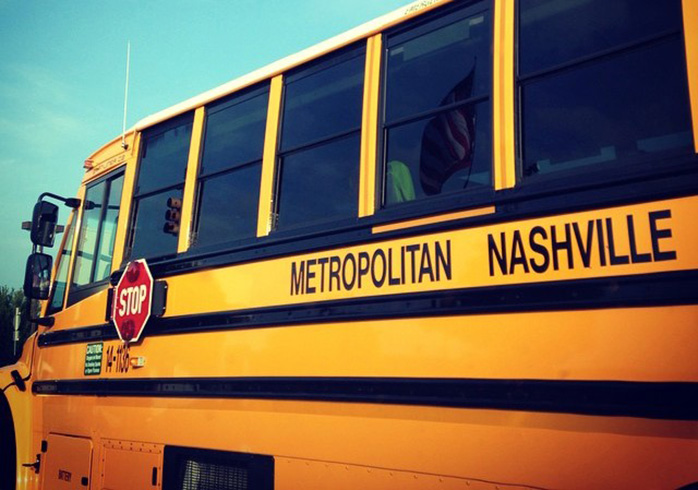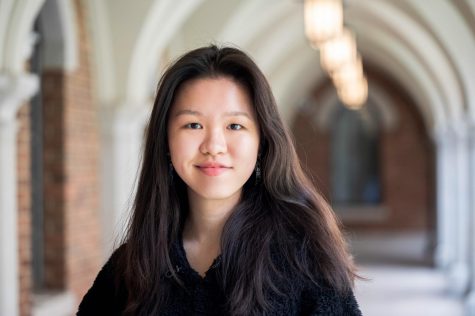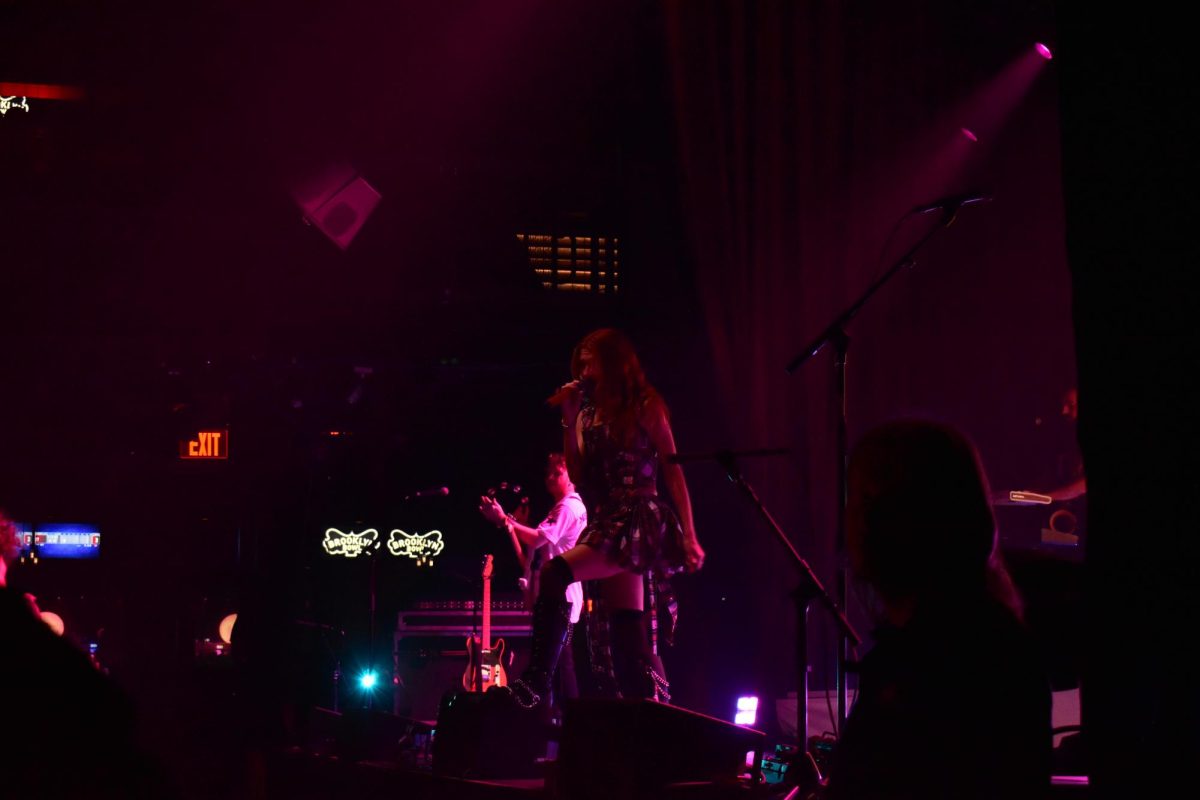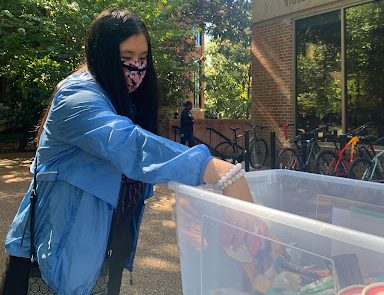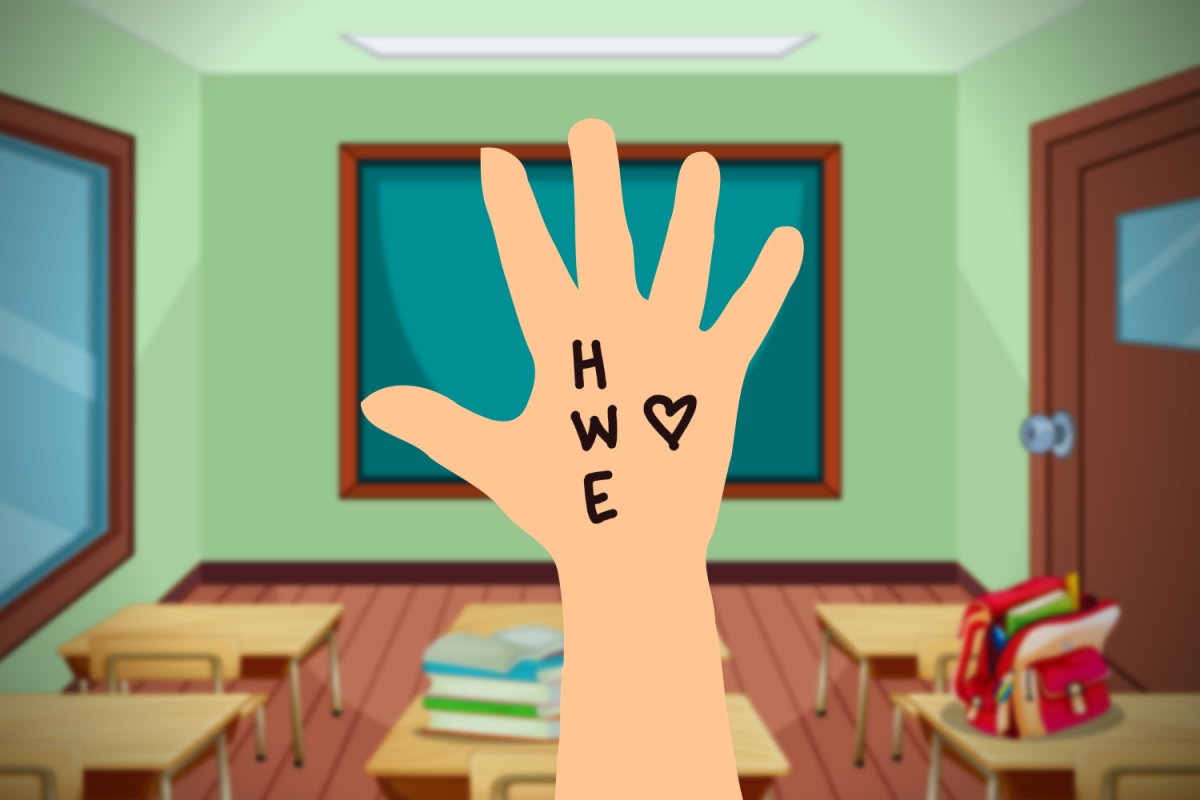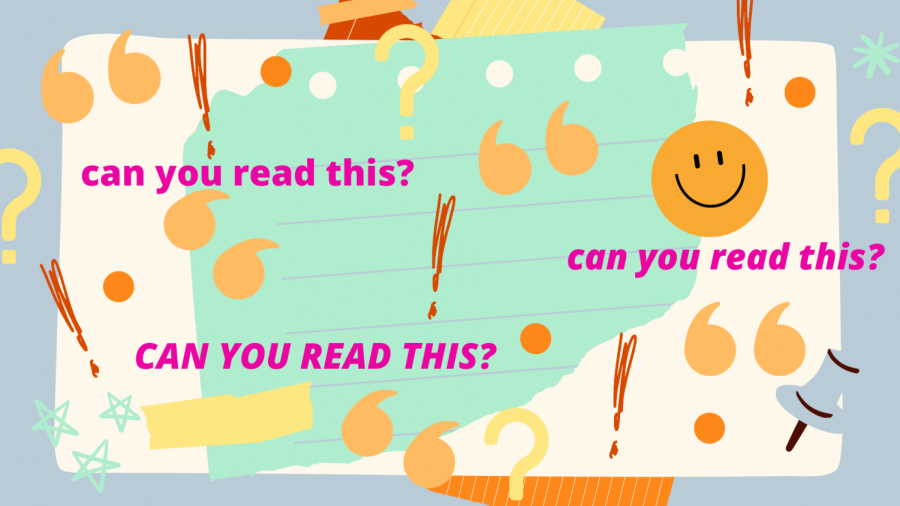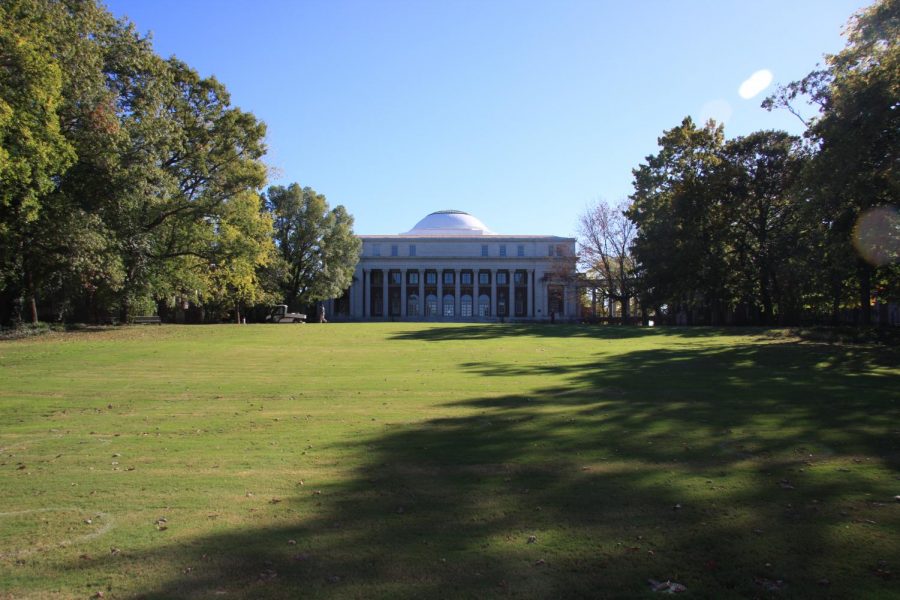Hundreds of volunteers in more than a dozen organizations on campus are dedicated to delivering interactive lessons to partner schools, in subjects ranging from English to Mathematics to Neuroscience. These organizations create their own syllabuses for one-on-one, interactive and even live broadcasting lessons that reach as far as schools in the most rural parts of Nashville. Much of this work, however, goes on behind the scenes.
The biggest service organization on campus, Vanderbilt Student Volunteers for Science (VSVS), has been gathering undergraduate, graduate and medical students since 1994. These volunteers not only collaborate with Metro Nashville public schools, but they also reach out to local science fairs, robotics teams and remote rural schools—not to mention Vanderbilt Children’s Hospital. VSVS has a specialized team that develops lessons specifically oriented around science, but public school students usually gain much more than that. VSVS encourages an interactive style of teaching, and the majority of questions posed by students are about college life.
“These lessons give students not only a passion for science, but also the confidence to pursue higher education,” VSVS Co-President Meghana Bhimreddy said.
But volunteering also benefits the volunteers themselves, many of whom now recognize the hardships of teachers nationwide in developing new teaching skills.
“[To encourage participation among shy kids, one Vanderbilt student] brought a shiny pink karaoke mic to encourage class participation,” Bhimreddy said.
Another service organization, Interaxon, is devoted to making neuroscience knowledge more accessible to its partner schools since 2011. Interaxon works with three Nashville Public schools and designs its programs based on feedback from the schools’ teachers to develop a syllabus that complements their students’ needs.
Just like most service events, the relationship between volunteers and students is a mutually beneficial one. Through the numerous questions about neuroscience that the students ask in childish yet insightful ways, volunteers are forced to come up with creative answers to satisfy their boundless curiosity.
“This allows volunteers themselves to sharpen their own understanding of neuroscience knowledge,” Interaxon School Director Puja Jagasia said.
In this way, volunteering at public schools is a unique experience that stands out from other service programs. Sometimes, volunteers even learn more from their students than the students learn from the volunteers.
“Interaxon opened my lens on giving back to the community,” Jagasia said. “It is so far the most rewarding experience I’ve had at Vanderbilt.”


